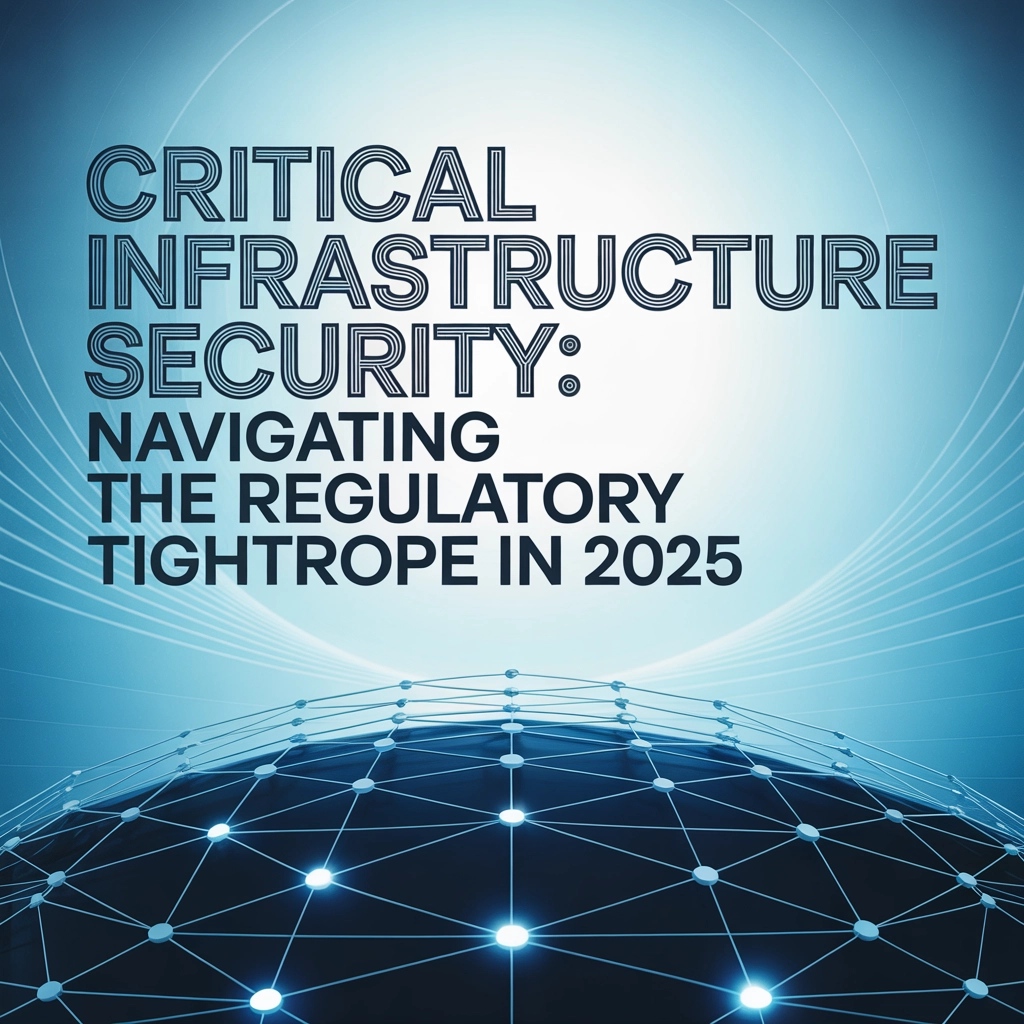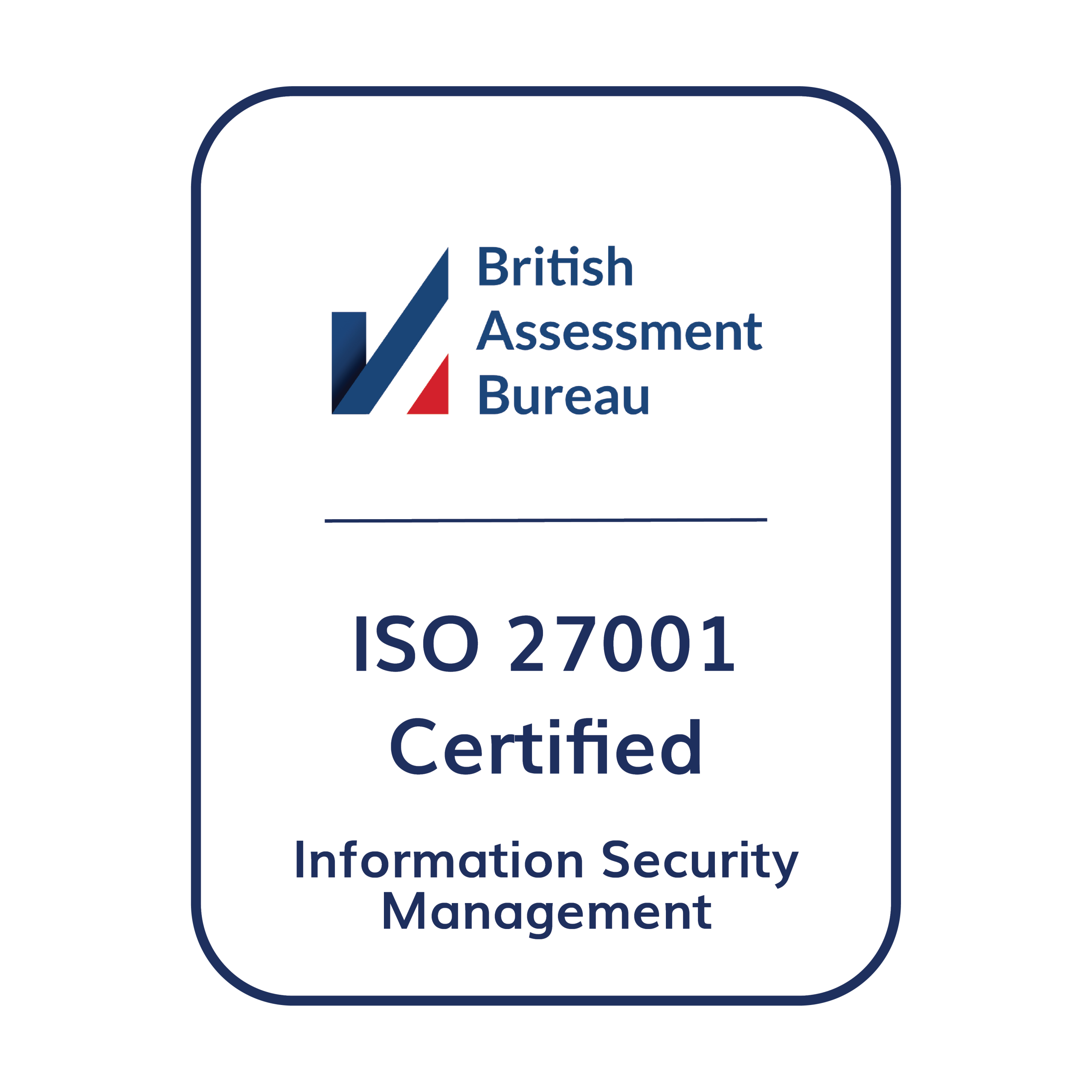The UK's critical infrastructure landscape is experiencing its most significant regulatory transformation in decades. With the National Security and Investment Act (NSI Act) reforms, enhanced NIS Regulations, and evolving cyber security requirements, organisations operating within the UK's 16 critical infrastructure sectors face an increasingly complex compliance environment that demands immediate attention and strategic planning.
The NSI Act Revolution: A New Era of Security Oversight
The National Security and Investment Act 2021 has fundamentally altered how the UK government monitors and controls foreign investments in critical sectors. The Act grants the Secretary of State unprecedented powers to scrutinise acquisitions that could impact national security, with mandatory notification requirements for transactions in 17 sensitive sectors including defence, energy, transport, and telecommunications.
For critical infrastructure operators, this means enhanced due diligence requirements and potential government intervention in business transactions. The legislation has already demonstrated its reach, with the government reviewing hundreds of transactions since its implementation. Organisations must now integrate national security considerations into their strategic planning, particularly when considering partnerships, acquisitions, or technology implementations involving foreign entities.

Enhanced NIS Regulations and Cyber Security Requirements
The Network and Information Systems (NIS) Regulations 2018 continue to evolve, with recent updates strengthening requirements for operators of essential services (OES) and digital service providers. The regulations mandate that organisations implement appropriate technical and organisational measures to manage cyber security risks and report significant cyber security incidents within 72 hours.
Critical infrastructure organisations must demonstrate robust security testing services and comprehensive risk management frameworks. This includes regular network penetration testing services to identify vulnerabilities and validate security controls. The emphasis on continuous monitoring and proactive threat detection has made cybersecurity penetration testing an essential component of regulatory compliance.
Sector-Specific Compliance Challenges
Energy and Utilities
The energy sector faces particularly stringent requirements under both the NSI Act and enhanced security protocols. Ofgem's cyber security framework mandates comprehensive security assessments, including regular penetration testing services UK organisations must implement to maintain operational licences.
Energy companies require specialised application penetration testing services to secure supervisory control and data acquisition (SCADA) systems and industrial control systems. The integration of renewable energy sources and smart grid technologies has expanded the attack surface, making red team penetration testing crucial for identifying advanced persistent threats.
Financial Services
The financial sector operates under the dual pressures of FCA operational resilience requirements and enhanced due diligence under the NSI Act. Financial institutions must demonstrate resilience against cyber threats whilst ensuring compliance with evolving regulatory expectations.
PCI-DSS penetration testing remains mandatory for organisations processing card payments, whilst ISO 27001 penetration testing has become increasingly important for demonstrating information security management system effectiveness. Top pen testing companies UK financial institutions rely on must provide comprehensive security testing that addresses both regulatory compliance and emerging threats.

The Compliance Technology Stack
CREST Penetration Testing Standards
The CREST framework has become the gold standard for penetration testing in the UK, providing assurance that security testing services meet rigorous professional standards. CREST penetration testing requirements have been integrated into many regulatory frameworks, making CREST-accredited penetration testing companies UK organisations' preferred choice for compliance-focused security assessments.
Cyber Essentials Plus Integration
Cyber Essentials Plus certification has evolved beyond a government procurement requirement to become a baseline security standard expected across critical infrastructure sectors. Cyber essentials plus pentesting requirements ensure that technical controls are properly implemented and verified through hands-on testing.
The scheme's integration with broader regulatory requirements means organisations must align their cyber essentials plus pentesting activities with sector-specific compliance obligations, creating opportunities for efficiency gains through coordinated assessment programmes.
Practical Implementation Strategies
Risk-Based Assessment Frameworks
Organisations must adopt risk-based approaches that prioritise the most critical assets and highest-impact vulnerabilities. This requires comprehensive penetration test service providers who understand both regulatory requirements and operational constraints. EJN Labs, as one of the leading penetration testing companies uk, specialises in developing bespoke assessment programmes that align with regulatory timelines whilst minimising operational disruption.
Network penetration testing services should focus on critical pathways that could impact essential services, whilst application penetration testing services must address both customer-facing systems and critical operational technologies. The integration of penetration testing cyber security assessments with ongoing risk management processes ensures continuous compliance and adaptive security postures.
Documentation and Evidence Management
Regulatory compliance demands comprehensive documentation of security testing activities and remediation efforts. Security penetration testing companies must provide detailed reports that demonstrate compliance with specific regulatory requirements whilst supporting ongoing risk management activities.
Effective evidence management systems ensure that penetration testing providers can deliver reports that satisfy multiple regulatory frameworks simultaneously. This includes mapping findings to relevant regulatory requirements, tracking remediation progress, and maintaining audit trails that support compliance demonstrations.

Cost-Effective Compliance Solutions
Understanding Penetration Testing Cost UK Market
The regulatory environment has significantly impacted penetration testing cost uk organisations face, with demand for specialised compliance-focused services driving market evolution. Organisations must balance comprehensive security testing requirements with budget constraints whilst ensuring regulatory obligations are met.
Strategic procurement approaches can optimise penetration testing cost uk organisations incur by bundling multiple compliance requirements into coordinated assessment programmes. Penetration testing providers like EJN Labs offer integrated service packages that address multiple regulatory frameworks through coordinated testing activities, delivering both cost efficiency and comprehensive compliance coverage.
Leveraging Technology for Efficiency
Automated security testing tools and continuous monitoring platforms can supplement traditional penetration testing services whilst reducing overall programme costs. However, regulatory requirements typically mandate human-validated testing, making the selection of experienced penetration testers uk critical for effective compliance programmes.
The integration of check penetration testing activities with automated security monitoring creates hybrid approaches that satisfy regulatory requirements whilst providing continuous security visibility. This approach optimises the relationship between automated monitoring and manual pen testing uk activities.
Regional Considerations: Penetration Testing London and Beyond
The concentration of critical infrastructure operators in London has created unique regulatory compliance challenges and opportunities. Penetration testing London providers must understand the specific requirements of financial services, transport systems, and telecommunications infrastructure that form the backbone of the UK economy.
Pen testing company london specialists like EJN Labs bring deep understanding of regulatory requirements affecting London-based critical infrastructure, including specific sector requirements and cross-sector dependencies that can impact compliance obligations.
Future-Proofing Compliance Strategies
Emerging Regulatory Trends
The regulatory landscape continues to evolve, with emerging requirements around artificial intelligence, quantum computing resilience, and supply chain security. Organisations must develop adaptive compliance strategies that can accommodate regulatory changes whilst maintaining operational effectiveness.
Computer security service providers must evolve their offerings to address emerging regulatory requirements whilst maintaining expertise in established frameworks. This requires ongoing investment in capability development and regulatory intelligence.
Building Resilient Security Programmes
Effective compliance strategies integrate security testing services with broader organisational resilience capabilities. This includes incident response planning, business continuity management, and supply chain risk management activities that support regulatory compliance objectives.
The integration of uk penetration testing activities with broader resilience programmes ensures that security testing contributes to organisational capability development rather than simply satisfying compliance tick-box exercises.
Conclusion: Strategic Compliance in a Complex Environment
Navigating the UK's evolving critical infrastructure regulatory environment requires strategic thinking, technical expertise, and adaptive implementation approaches. Organisations must develop comprehensive compliance strategies that address current requirements whilst building capability for future regulatory evolution.
Success requires partnerships with experienced penetration testing services uk providers who understand the intersection of regulatory requirements, operational constraints, and emerging threat landscapes. EJN Labs continues to support critical infrastructure organisations across all sectors, delivering the expertise and reliability necessary for effective regulatory compliance in an increasingly complex environment.
The regulatory tightrope may be challenging to navigate, but with proper planning, strategic partnerships, and comprehensive security testing programmes, organisations can achieve both regulatory compliance and enhanced security resilience.












Leave a Reply